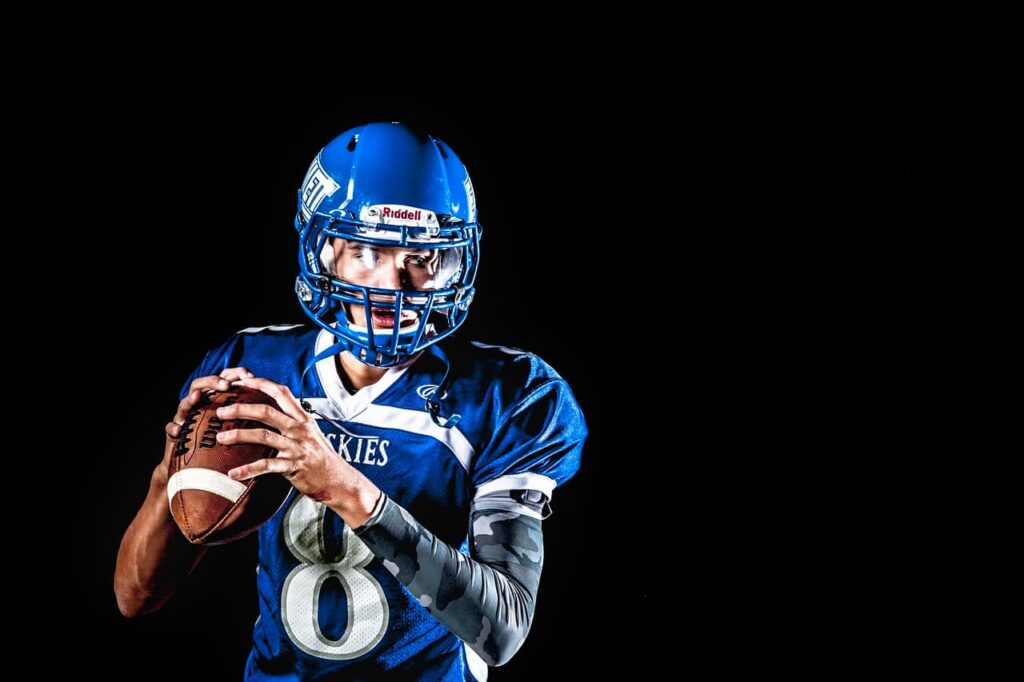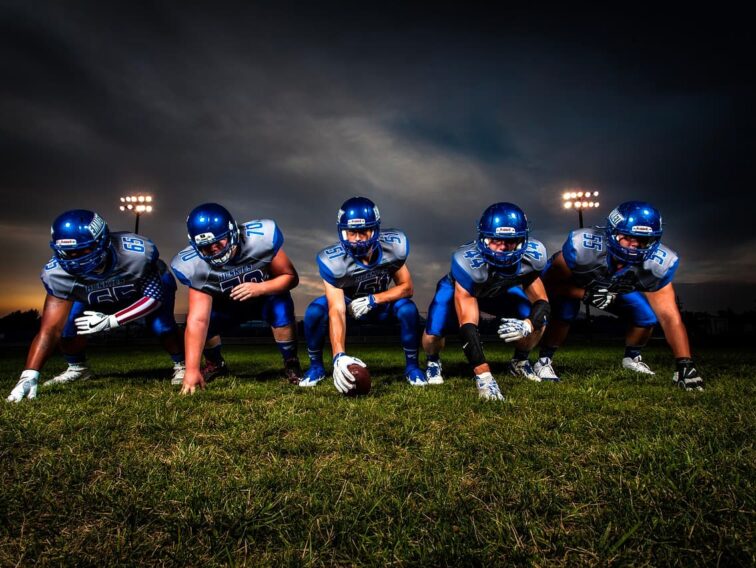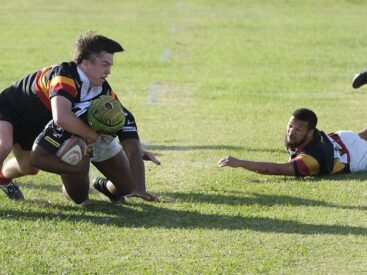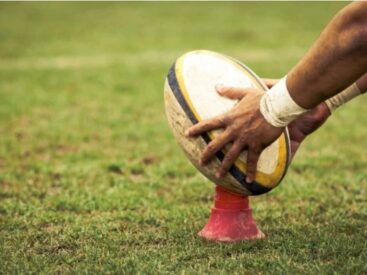With events like the Rugby World Cup attracting millions of viewers, rugby has been getting more and more popular worldwide, Some people even call this sport the “gentleman’s game,” but it’s not as gentle as it may seem. Nowadays it’s one of the toughest sports. In this article, I will explain why rugby is the roughest sport with the most friendly players.
Rugby Players
Rugby started in England in the early 19th century. Legend has it that a student named William Webb Ellis picked up the ball during a football game at Rugby School in 1823, breaking the rules. He started the history of rugby football. Over time, rugby split into two main types: rugby union with 15 players on each side and continuous play, and rugby league with 13 players and faster action.
Soon rugby became known for its physicality. Rugby players are some of the toughest athletes around. They need strength, speed, endurance, and agility to succeed. They face numerous high-impact hits throughout the game, they push and wrestle which often results in full-body collisions. It’s cool to watch but not many people would like to be on the field during the game. Many prefer just to bet on rugby on gambling sites that accept Paypal.
Types of Injuries in Rugby
Players face various injuries, from minor cuts to severe ones. The most frequent injuries include:
Concussions: Frequent tackles and collisions raise the risk of concussions, which can have long-term effects on players.
Fractures and Dislocations: Players often suffer fractures, especially in high-impact areas like the shoulder, along with dislocated joints.
Soft Tissue Injuries: Injuries, like muscle strains and ligament tears, are typical and can affect a player’s performance.
Overuse Injuries: These injuries develop gradually from repetitive movements and strain on specific body parts, such as the knees or shoulders.
Rugby players get the right medical care and do exercises to get better after injuries. They also do warm-up exercises, stay fit, and learn the right techniques to avoid getting hurt during the game. All this lowers the chance of injuries but doesn’t protect players 100%.
Rugby Gear
Rugby gear is designed to minimize the risk of injuries. The specific gear required or allowed can vary depending on the level of play and the rugby union’s or league’s regulations. By the way, rugby players have less protective gear than American football players. This means they are more exposed to injuries.
Mouthguards: It is used to protect teeth and jaws during scrums and tackles.
Headgear: Some players wear headgear to reduce cuts and scrapes on the scalp.
Scrum Caps: Forwards wear scrum caps for head protection in scrums and mauls.
Shoulder Pads (Optional): In some forms of rugby, like rugby league, players may wear shoulder pads for extra protection. However, these are less common in rugby union.
Protective Underwear (Optional): Protective underwear includes padding around the hips and thighs for additional protection during tackles.

Rugby’s Unique Culture
Despite its toughness, rugby has a special culture of respect and sportsmanship. Playing rugby brings players close together. They become like brothers on the field and off it. Many players make lifelong friends with their teammates and opponents. This is because, from the beginning, players are taught to respect their opponents on the field and after the game. Teams often shake hands and say encouraging words to each other. They understand that everyone is giving their best, and all have to be respected, no matter who wins.
Some fans may remember the special dance called the haka. The New Zealand All Blacks do it before their matches. It’s a traditional Maori war dance. The haka is a symbol of unity, strength, and respect for the game and the other team.
After a rugby game, both teams often come together for a meal or a get-together. This tradition, called “the third half,” shows that rugby is not just about winning or losing. It’s also about building community.
Rugby may be considered brutal, and it is a tough game. However, rugby’s mix of toughness and friendship makes it a unique and beloved sport for both players and fans.




